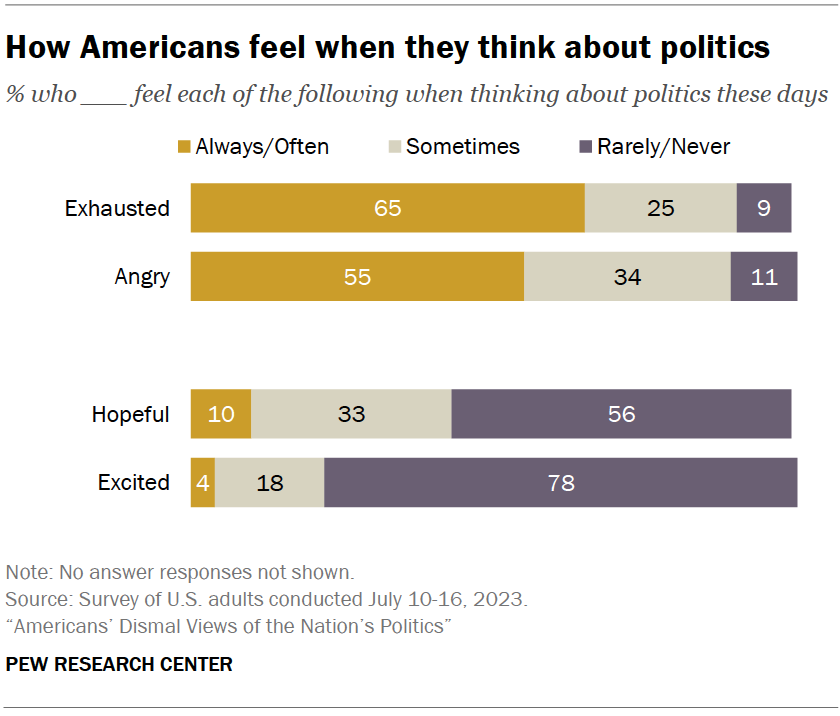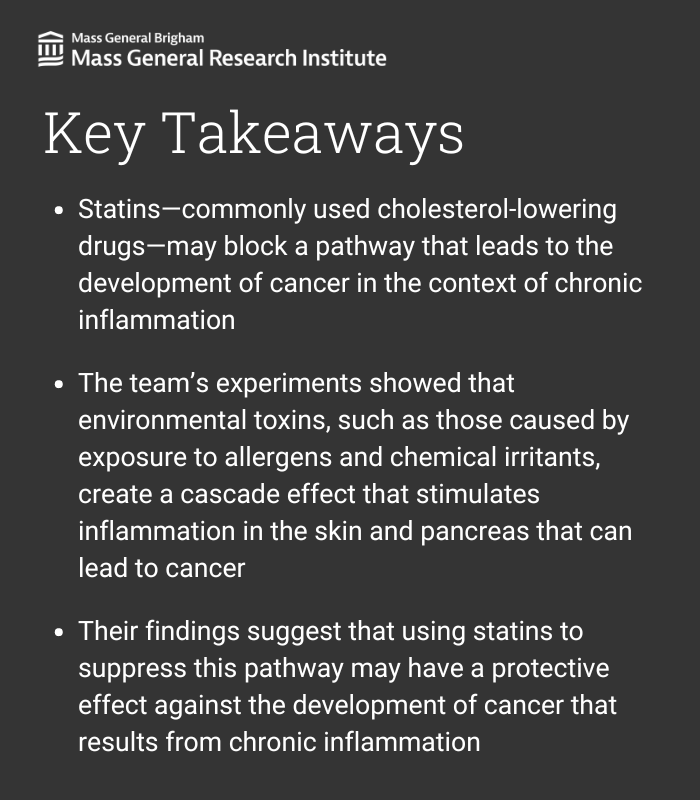Battle lines between the CRU and CCA blurred by tactical maneuver
By Will Collette
November 5 will be different than any Charlestown election I’ve seen since 2000 largely because of our town’s unusual politics. In most municipalities, elections are waged by Democrats and Republicans.
Even in towns
where municipal office is non-partisan, you know who the D’s and R’s are
because they are picked, endorsed and campaigned for by town party committees.
Not so in
Charlestown. Starting in 2008 and continuing today, Charlestown has been
governed by one of two Political Action Committees (PACs) that have superseded
traditional political parties in town.
In 2008, the
Charlestown Citizens Alliance (CCA PAC) took power when they defeated Jim
Mageau, a DINO who ran the Town Council for one term and managed to alienate
just about everyone in town.
The CCA initially
formed for the sole purpose of taking Mageau out. That was a broadly popular idea; even I supported dumping Mageau.
But the CCA
quickly broadened its agenda to include helping its friends (especially wealthy
non-resident property owners) and blocking out anyone they didn’t like
(especially those who failed to contribute to their campaign fund). They were
flexible on many issues, willing to make 180-degree flip-flops if a suitable
amount of money was contributed to their coffers.
For 8 elections,
the CCA called itself a strictly nonpartisan organization, eschewing political
party labels so strictly that their candidates all ran as “independents.” Nonetheless,
those “independents" were bound to obey the orders issued by CCA founder and
town planning commissar Ruth Platner and the secretive CCA Steering Committee.
In 2022, that
changed. A pro-reform PAC, Charlestown Residents United (CRU), handed the CCA its first major defeat, crushing the CCA slate for Town Council and winning a
4-1 Council majority.
The CRU is
comprised of Republicans and Democrats who are not afraid to show their
political affiliation, running openly as Democrats and Republicans. They have
governed as a coalition.
After their 2022
beating, the CCA quietly dumped its sacred claim of independent
nonpartisanship. Instead, they turned on their cloaking device - most CCA candidates are running under a party label.
Like so many of its holy principles, the CCA is more than willing to cast them
aside when it's expedient.
Can’t tell the
players without a scorecard
That’s why the 2024 municipal ballot will call on voters to do something they generally hate to do – pay attention to detail. At a time when 91% of Americans say they're exhausted by politics, we're asking voters to engage in some "inside baseball" analysis of the candidates for office.
The CRU and CCA candidates will be intermingled on the ballot based on a lottery assignment of slots.
There was a narrow window of time to get the party endorsement votes and neither party got its candidates endorsed before the state election deadline. That affects ballot position with the better placements given to "officially" endorsed candidates.After candidates
filed their declarations of candidacy at last Wednesday’s deadline, we now know
the slates for the two political action committees.
The Charlestown
Residents United (CRU) will field a slate of two Democrats (incumbents Deb
Carney and Peter Slom) and three Republicans (incumbents Rippy Serra and Steve
Stokes plus Craig Marr, a new candidate but well-known for the Breachway Grill.
The CCA PAC’s
slate consists of two registered Democrats (Sarah Fletcher and Peter Keating),
one Republican (Angela Jalbert) and two veteran CCA politicos running as
“independents.”
We’ll have lots
more to say about the two PACs’ positions, histories and slates, but let’s take
a look at the two CCA PAC “independents.”
Biggest surprise
of the race so far
 |
| Platner, left, and Van Slyke, right |
She takes the
place of the CCA’s only Council incumbent, Susan Cooper, who isn’t running.
Platner is one of
the town’s most controversial figures and she is featured in 499 Progressive
Charlestown articles (CLICK HERE to see them).
She is the
architect of the CCA’s shady land deals, cover-ups, phony outside threats,
pay-to-play, anti-family and anti-child policies, flip-flops and favoritism
toward wealthy non-resident property owners and so much more, documented in
those 499 articles.
With her on the
ballot as an “independent” for Town Council is Ruth’s Flying Monkey, failed
former Councilor Bonnita Van Slyke. As far as I can remember, she’s never had an independent thought in her life.
.webp)


.webp)













.webp)






